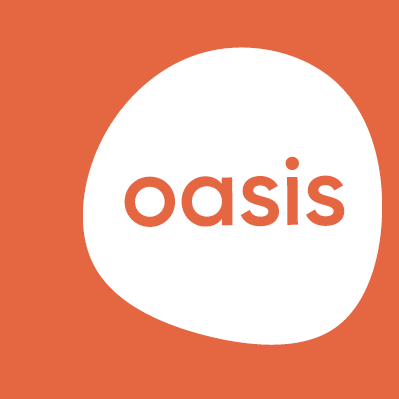Making Time To Talk - and Time To Listen
The past few years have felt like an endurance test – back to back marathons where the next one starts just slightly before the one you are currently running has ended! As someone said to me the other day – quite frankly we are exhausted.
We have dealt with so much – there has been uncertainty and change in just about every aspect of our lives. There has been loss of personal control, different ways of working, different ways of learning, a cost of living crisis, turmoil in every aspect of healthcare, decisions on whether to eat or heat… The list goes on. But our resilience, ability to cope and personal energy have all been tested – sometimes to breaking point. Let’s face it, we are physically, emotionally and mentally drained; levels of stress and distress are at an all-time high. It is easy to find ourselves in quite a dark place – wanting to believe that things will get better, but not knowing how to make it happen or even what to do next.
What helps when levels of stress and distress are at an all-time high?
Talking to someone who makes time to listen.
A simple “How are you?” and really listening to the response is an excellent starting point when someone appears stressed or in distress.
What helps? Talking to someone who makes the time to listen. Just being able to share thoughts and feelings and, importantly, to be heard without being judged or told how we should feel or what we should do. And yet it can be so easy to make assumptions about others that can get in the way of really hearing what is going on. During the pandemic there were many surveys and questionnaires that asked about mental health and specifically how depressed people felt. There was an assumption that everyone must be depressed and not able to cope with the impact of the pandemic. The only question was how deep / bad was the depression? I was one such respondent and would sit and stare at the questions and get quite angry! It was true that I was incredibly fed up with the situation and frustrated at the loss of control. But in my terms, I was not depressed! As a result I felt no-one really wanted to hear my story - all they wanted me to do was to tick a box.
When I shared my frustrations with a friend, they asked “What would you have preferred – given that they are trying find out how the pandemic is affecting people?” Good question! It would have been so much easier if the question were simply, “How are you?” Followed by “Has something specific happened to make you feel that way today or do you feel like this most days?” – with space to write down the answer not a box to be ticked. I wanted to be able to express my hopes and fears without feeling “silly”, to be able to be open and honest about how I was really feeling. To be listened to!
We know that talking and being listened to doesn’t make our challenges go away completely, but this approach can help us to take a step back and think quietly about what we are facing and take the opportunity to talk through options.
There are many sources of support with emotional / mental wellbeing and guidance on mental health concerns and illness. But it can be hard to know where to turn –or even have the energy to get in touch with someone.
A helpful follow up question:
“Has something specific happened to make you feel that way today or do you feel like this most days?”
“Are you really OK?” - we all have a part to play
We all have a part to play whether it is in the workplace, with friends, with neighbours in the supermarket! Checking how people are can make a real difference. Saying hello, asking how they are today and, most importantly, being interested in and waiting to hear the answer, can make someone feel valued. It can encourage them to share a little about themselves and, if appropriate, take a first step towards more formal support.
We may all wish the roller coaster would slow down and that things would get a little bit easier. But I fear it is probably only the issues that will change, and our resilience will continue to be under attack. More than ever we need to be there for each other and not be afraid to say “Hello – how are you?” and take the time to listen to the answer. We need to just check people’s responses and when faced with an “I’m OK” to check again, “With everything that is going on are you really OK?“
And we must never forget that we too are caught up in the roller coaster. Looking after ourselves is pretty important too! Who can you turn to when you need to go beyond “I’m OK”?
Learn more about the Oasis Raw Network. Contact us for more information on how we can help embed employee wellbeing through our oasis counselling services.


